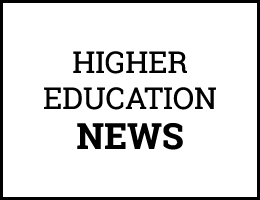World Bank scholarships available for master’s degrees
The World Bank has announced its master’s scholarships programme for students from selected developing countries, including Sri Lanka for the 2022-2023 academic year. The World Bank scholarships programme provides funding for international students to continue their studies in key development areas, in one of 35 participating programmes at universities in the United States, UK, Netherlands, Australia, Japan and France. The World Bank scholarships provide round-trip airfare between the home country and the host university, a travel allowance of US$ 500 for each trip in addition to airfare, a tuition waiver, basic medical coverage, funding for on-campus housing and even a monthly stipend.
These six master’s programmes on the official website of each respective university should be applied to separately and students need to be enrolled in the universities to be considered for the scholarship, as soon as possible. If the opportunity was missed, it is advised to apply now for a master’s programme at a university listed in the second call granting eligibility to participate in the second application period. The applicant must be a national of a World Bank member country aforementioned, have obtained an undergraduate degree or an equivalent university degree three years before the application deadline, and have three years of paid development-related employment.
The degree of the applicant should be in the fields of finance, competitiveness and innovation, governance, macroeconomics, trade, and investment, poverty reduction and equity or shared prosperity, education, health, nutrition and population, social protection and employment or agriculture and food. Applicants with a degree in climate change, environment and natural resources, social, urban, rural and resilience, water, energy and extractive, infrastructure, and development in a context of fragility, conflict, and violence could also apply. While the applicant should have been unconditionally admitted to one of the participating master’s programmes, the applicant should not be a dual national of a developed country and should not be a staff member of the World Bank or a close relative.

